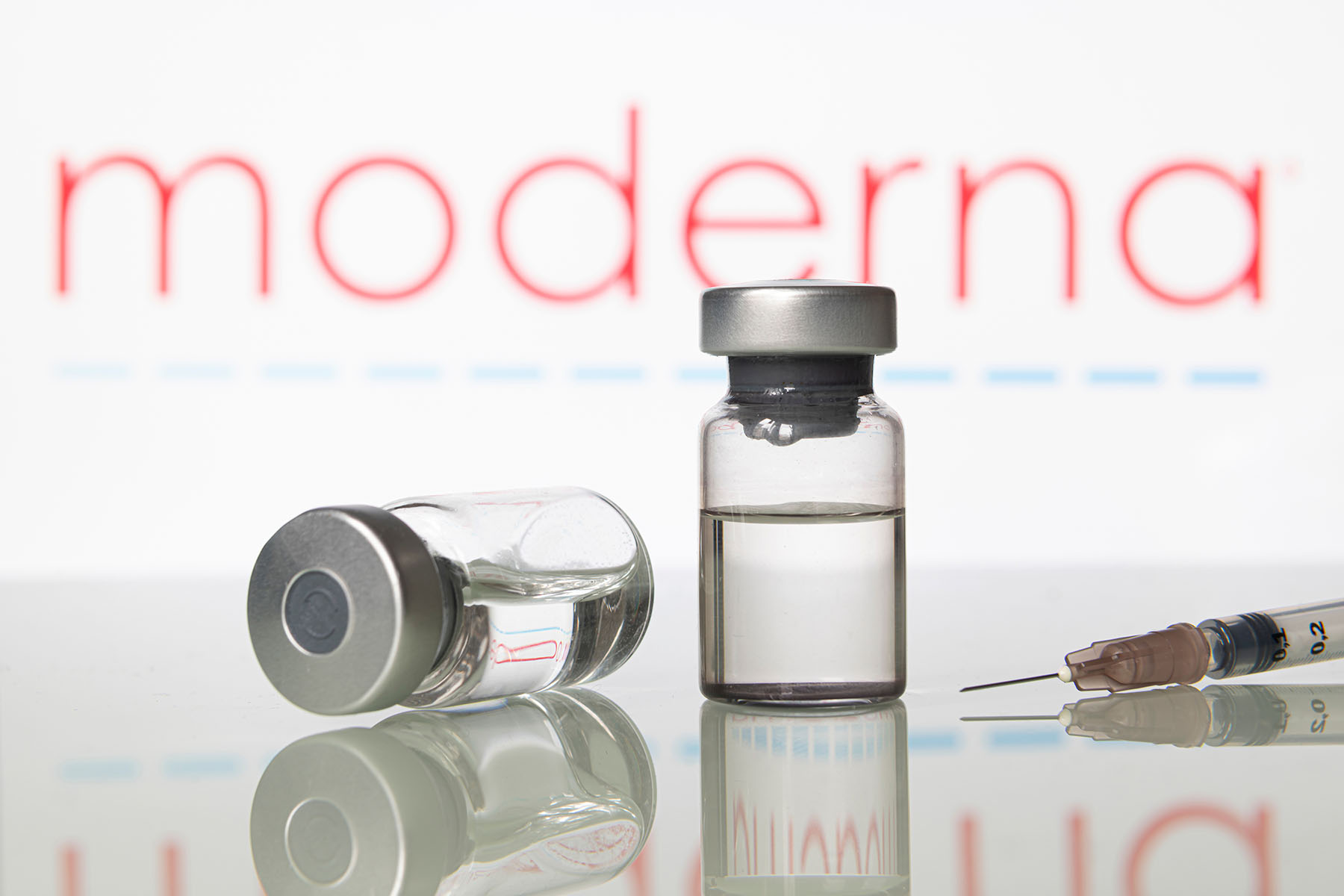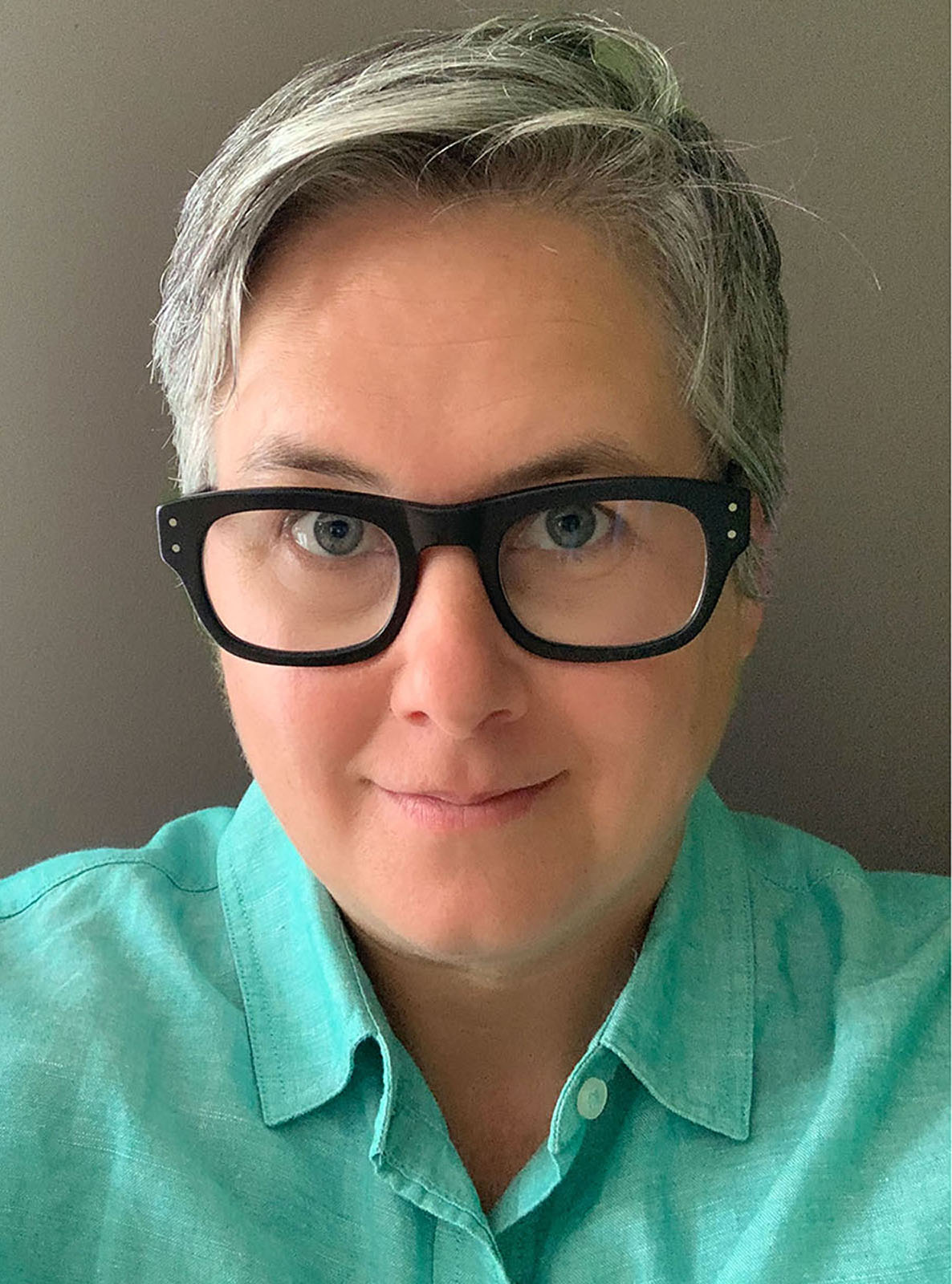Grifols and Selagine Tackle Dry Eyes
The two eyecare leaders have entered a research, development, and sublicense agreement to develop and commercialize immunoglobulin eye drops for dry eye disease. Selagine, Inc., a company from the University of Illinois at Chicago will be building upon 19 years of research and the first-in-human pilot clinical trial of immunoglobulin drops, while Grifols, a global leader in plasma-derived therapies, committed to funding the development though FDA approval and commercialization. The eye drops are biological drugs that draw upon antibodies generated from human plasma collected from thousands of healthy donors. The antibodies can neutralize inflammatory proteins that cause symptoms of dry eye disease, and Selagine’s formula showed significant reduction in signs and symptoms of dry eyes with no difference in tolerability or adverse effects when tested in an eight-week human study at the Department of Ophthalmology and Visual Sciences at the University of Illinois College of Medicine.
“This collaboration builds upon complementary expertise of the two companies to provide a clear pathway to completing development and regulatory activities and executing a successful commercial launch of immunoglobulin eye drops for chronic dry eye disease indication,” said Sandeep Jain, MD, Founder and President of Selagine and Professor of Ophthalmology at the University. “With its strategic commitment to ophthalmics and its global leadership in immunoglobulins, we believe Grifols provides an ideal partner for realizing Selagine’s goal of developing the full potential of plasma protein-based eye drops across all ophthalmic indications.”
The immunoglobulin drops are more effective than current treatments due to the fact that they work on the several mechanisms of inflammation occurring on the ocular surface during chronic dry eye disease whereas other drugs only target T-cell inflammatory mechanisms. This has implications for the millions of people around the world with the chronic condition.
Introducing CiTRUS Health Group
CiTRUS Health Group has launched as a robust, boutique strategic consulting business that allows clients to clearly articulate the scientific, clinical, and real-world evidence to establish a strong value proposition and ultimately successful commercialization. Formulated by Neil Matheson, John “Zeke” Czekanski, and Scott Roberts and funded by NaviMed Capital, CiTRUS Health Group has acquired Prescott Medical Communications Group, CiTRUS Scientific, and CiTRUS Market Access as the foundational building blocks of the group. The integrated platform ensures clients will have a clear pathway from science to value.
Matheson, CiTRUS Health Group CEO, stated: “We all share a passion for innovation, optimal engagement, and effective communication of science to support the value proposition and commercialization of new treatments, along with a commitment to a culture of teamwork, respect, trust, and integrity, and we are excited to continue to realize the vision of being the leading boutique strategic consultancy.”
The group plans additional acquisitions to enhance the service offering and bring synergistic skills to the existing team.
A Public-Private Collaboration Is Targeting Lupus
In a first-of-its-kind public-private partnership, the Lupus Research Alliance (LRA) has formed the Lupus Accelerating Breakthroughs Consortium (Lupus ABC) to address challenges impacting lupus trial success to advance lupus discoveries. The Lupus ABC will allow lupus patients to collaborate with the FDA, other federal agencies, medical societies, industry, academic clinical researchers, and scientists to advance the development of breakthrough treatments for lupus.
The LRA is the largest non-governmental, private funder of lupus research worldwide with a mission to make sure the patient voice is deeply integrated into the drug development process and to refine measurement tools that can better evaluate the effectiveness of potential new treatments in clinical trials. While 40 drugs are in the pipeline for this complex disease, millions of people globally have no cure and only three approved treatment options.
“The Lupus ABC will, for the first time, truly give people who live with lupus and their caregivers a platform where they can be heard and involved in the treatment development process directly with all stakeholders,” said Veronica Vargas Lupo, co-lead of the Consortium’s Lupus Voices Council. “As someone who has lived with the disease for many years and knowing the wide range of symptoms that those of us with lupus experience, having a voice in this process is immensely important. It is so critical for our perspectives to be considered when designing clinical trials and measuring outcomes to develop tailored therapies in lupus.”
Moderna Enters Partnership for Genetic Medicines

The RNA vaccine giant entered into a licensing agreement with Generation Bio, a Massachusetts-based company focusing on developing non-viral gene therapies for rare diseases. The strategic collaboration aims to expand the application of each company’s platform by developing novel nucleic acid therapeutics for liver and immunology disorders. Moderna has agreed to pay Generation Bio $40 million up front with a $36 million equity investment, with more royalties based on drug development milestones.
As part of the deal, Moderna acquired Generation Bio’s cell-targeted lipid nanoparticle delivery system and closed-ended DNA technology for two immune cell programs and two liver programs, with additional licensing options. This year, Moderna also signed deals with oncology-focused CytomX Therapeutics and Life Edit Therapeutics, Inc. to discover and develop mRNA gene-editing therapies.
Two Outbreaks of Marburg Virus in Africa
Tanzania confirmed several deaths due to an outbreak of Marburg virus, a virus similar and as deadly as Ebola virus. So far, 161 people were in contact with the original patients and are being monitored in a government emergency response.
“The efforts by Tanzania’s health authorities to establish the cause of the disease is a clear indication of the determination to effectively respond to the outbreak,” stated Dr. Matshidiso Moeti, WHO’s regional director for Africa. “We are working with the government to rapidly scale up control measures to halt the spread of the virus and end the outbreak as soon as possible.”
Marburg virus causes sever hemorrhagic fever, rash, jaundice, and severe weight loss as the disease progresses. It has an incubation period of up to 21 days and has varying fatality rates (24% – 88%) with no treatment or cure, according to the CDC. The worst outbreak occurred in Angola in 2004-2005, where there were 252 cases and 227 deaths. Equatorial Guinea, not acting as transparently as Tanzania, confirmed its first case occurred in January 2023.
“These emerging and re-emerging infectious diseases are a sign that the health security of the continent needs to be strengthened to cope with the disease threats,” said Dr. Ahmed Ogwell Ouma, the Director of Africa CDC in a statement.
Real Chemistry Acquires Another AI-Focused Tech Firm

Real Chemistry has acquired multiple agencies focused on bringing AI and data analytics to healthcare marketing. The latest addition is TI Health, a data-driven marketing and predictive analytics company that delivers omnichannel HCP engagement insights and activation solutions for pharmaceutical and life sciences brands. The company will be integrated into Swoop, a part of Real Chemistry. TI Health has built a reputation of omnichannel marketing excellence over 13 years and brings 50 data and healthcare ad-tech professionals to work in conjunction with Swoop’s highly precise DTC audiences, resulting in a fully unified HCP and DTC system of engagement for healthcare marketers.
Erin DeRuggiero, TI Health’s Founder and CEO, will become Chief Digital Officer for Swoop. “Reaching HCPs has become more difficult than ever with the decline of face-to-face engagement and the oversaturation of non-personal promotion,” she stated. “Personalized omnichannel for HCPs, based on their affinity for specific content, messaging, and channels, allows healthcare marketers to break through the noise in the moments that matter and meet HCPs where they are, establishing their brand as the therapy of choice. Joining Swoop allows us to accelerate the innovation and scale of our machine learning and AI-powered audience expansion and activation capabilities. When HCP and DTC engagement works in tandem in clinical, endemic, and non-endemic environments, advertisers, healthcare professionals, and patients will all benefit.”







